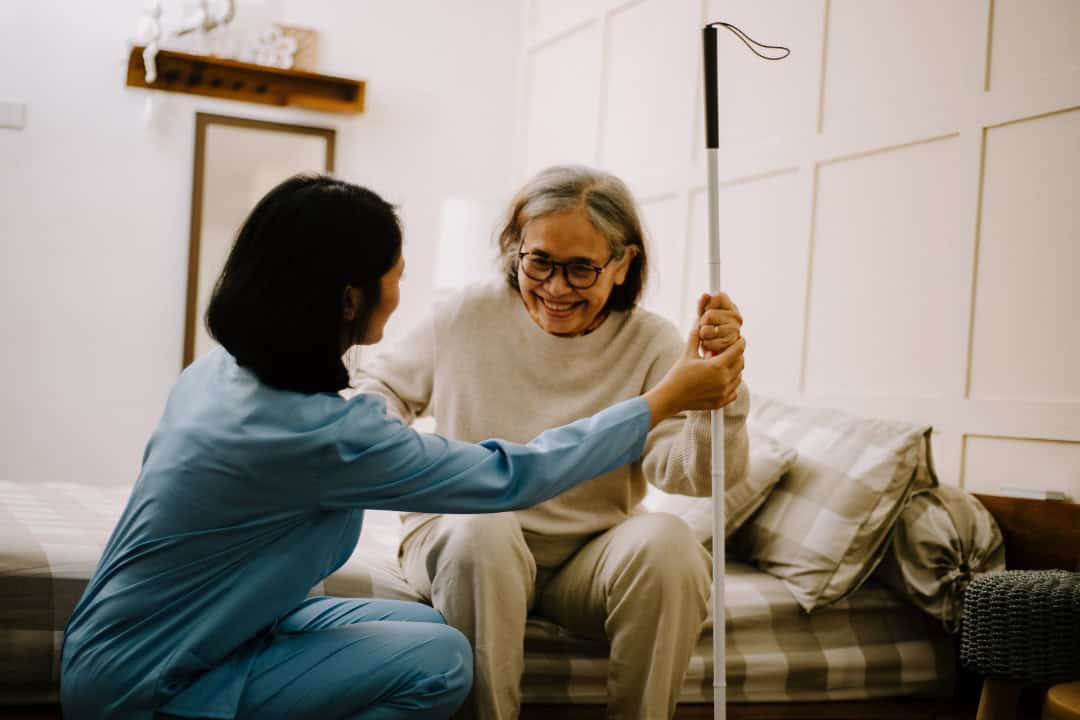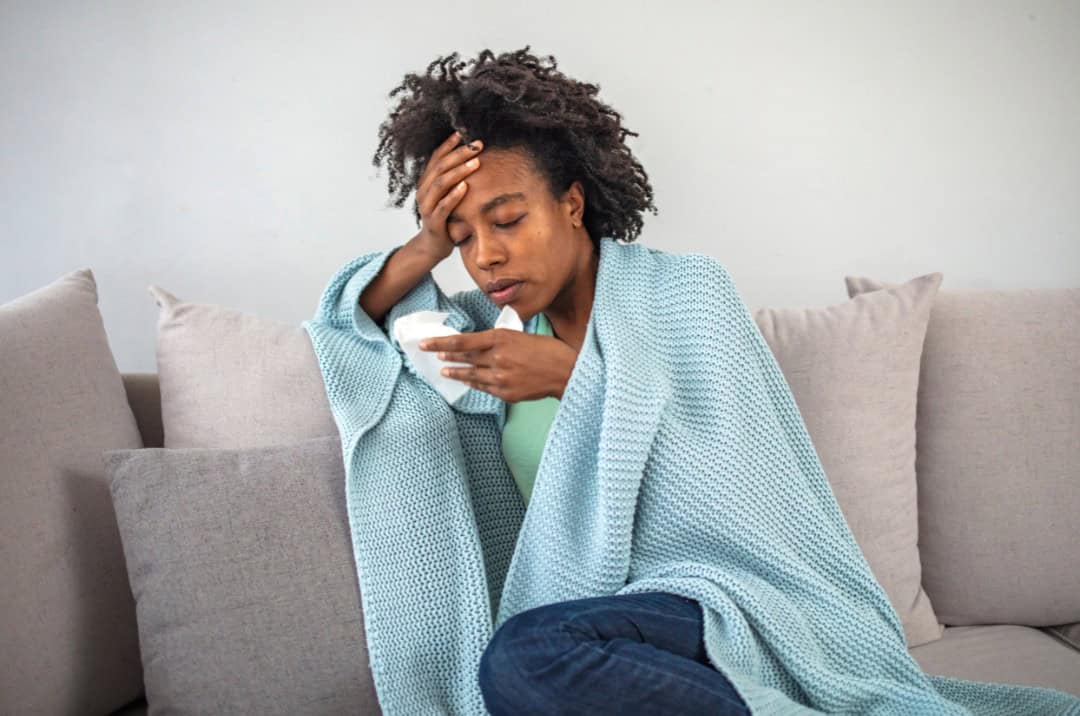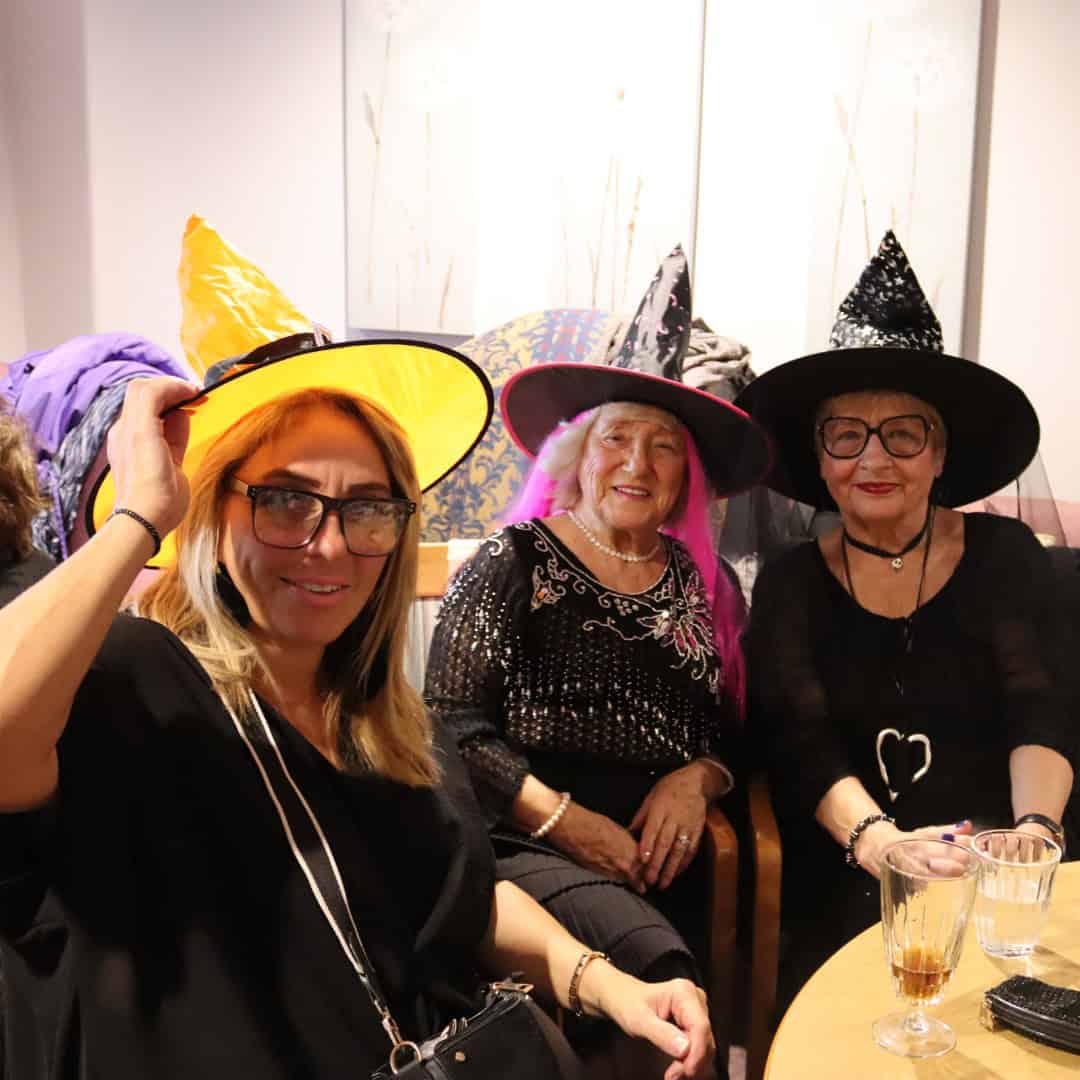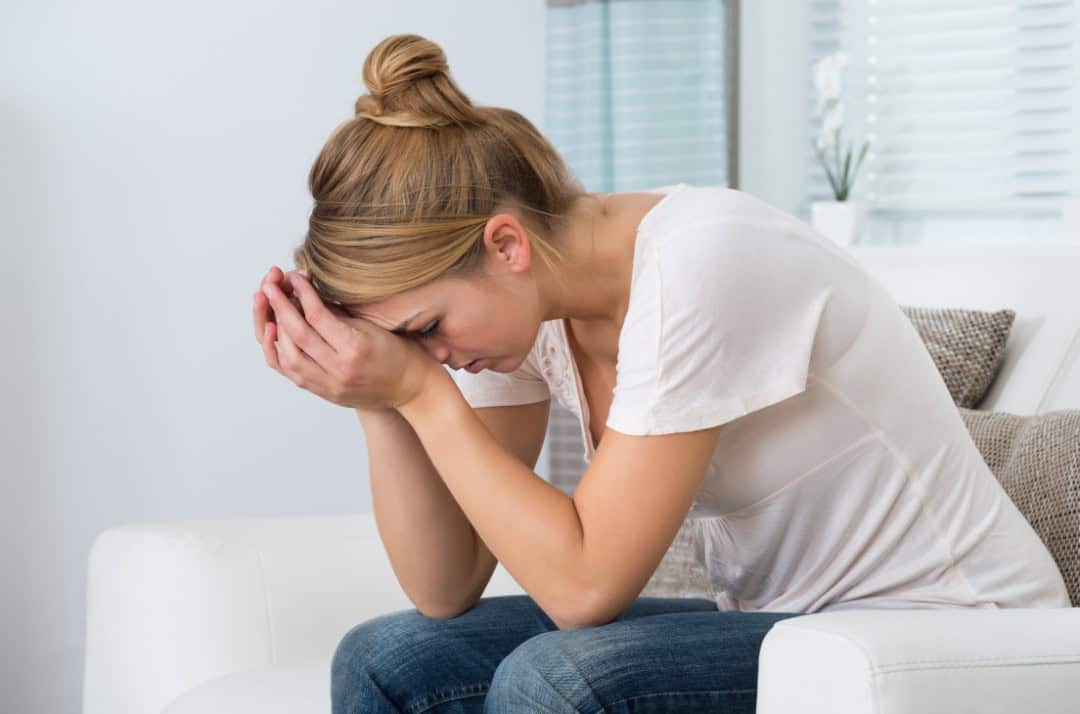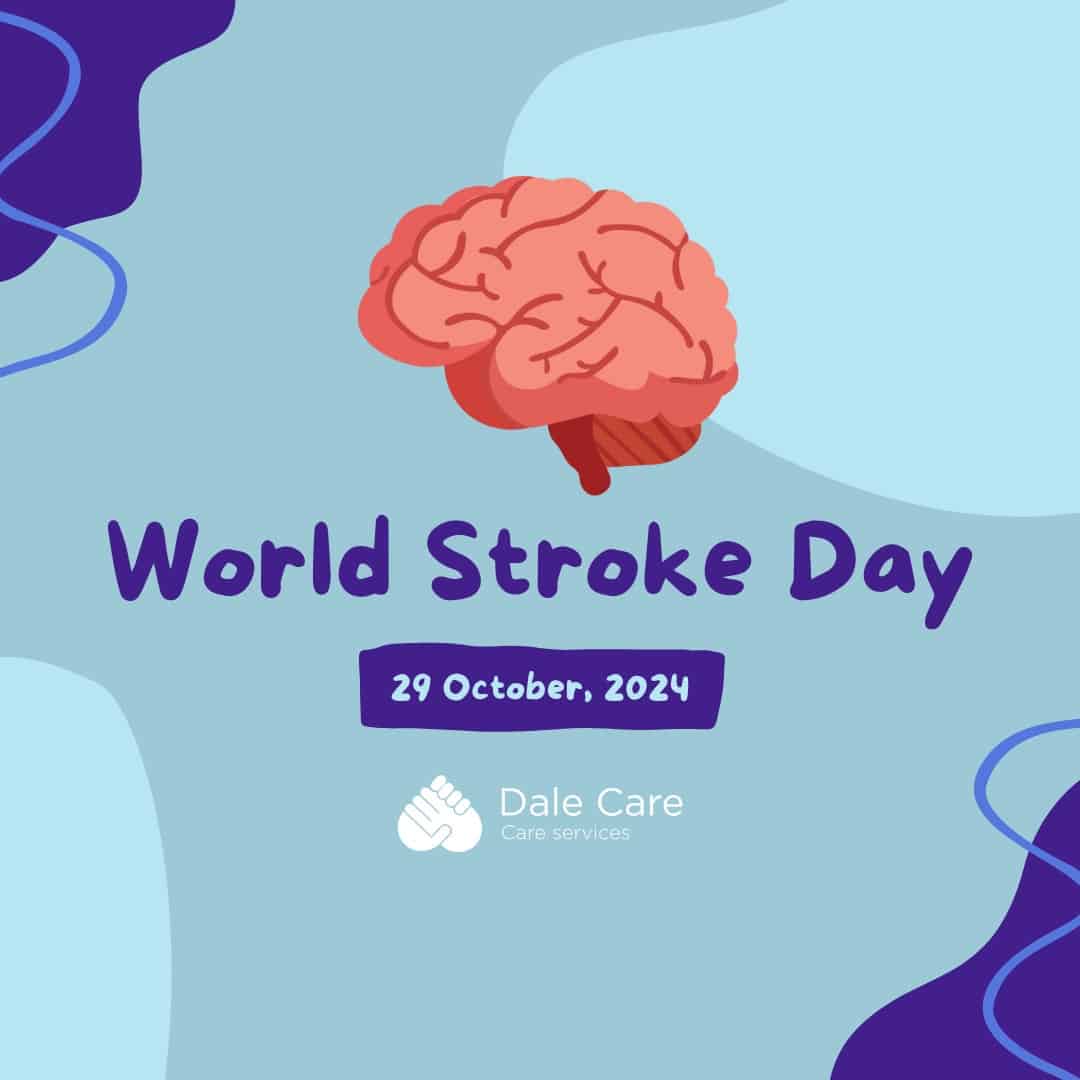The 23rd to the 27th of September represents Falls Prevention Week. This is a national health campaign to show the importance of reducing the risk of falls for older people and the severity of the effects that falls can have on their lives. It is important to understand that falls are preventable, and we wish to raise awareness to help prevent injury to those who may be ask risk to falls.
1 in 3 of those who are over the age of 65 have at least one fall a year. For those aged 80 or over, this increases to 1 in 2.
This year’s theme for Falls Prevention Awareness Week is ‘From Awareness to Action.’ Symbolising how although we need to raise awareness for these issues and make them more well known, we also need to take action to ensure that less people are suffering falls that the risks that come along with them.
Falls are often thought as ‘a normal part of aging’, however this is not true. Many falls can be prevented when the correct actions are put in place. Older adults also need to understand that they do have the power to reduce their fall risk and shouldn’t be worried or frightened at the thought of having a fall. Maintaining physical active and boosting your fitness levels is one of the many ways that you can help to reduce you level of risk.
What can cause a fall?
There are many factors that can have an influence on a person’s ability, causing them more likely to experience a fall. Some of these factors we can change, but some we can’t, however there are always actions that we can take to make a person’s environment safer. Factors that we can’t change are often related to the person’s health, this can include:
- Balance problems
- Muscle weakness
- Vision loss
- Long-term health conditions (specifically those that lead to dizziness and loss of consciousness including dementia, heart disease and low blood pressure)
Other factors that are changeable include:
- Wet or recently polished floors
- Dim and low lighting
- Unsecure rugs and carpets
- Rushing (possibly to go to the toilet)
- Stairs
- Trying to stretch to get something that is out of reach (such as something in a storage area)
- Attempting to carry out home maintenance (especially if the task involves the use of ladders)
What are the effects falls have on older people?
As we get older, falls can have more serious consequences and are more likely to result in injury. Although most falls don’t result in a serious injury, it is still possible. Having a fall at an older age may result in long-lasting effects on the persons health and their independence. Some of the risks include:
- Broken bones
- Loss of confidence
- Loss of independence
- Decreased mental well-being
It is important to understand that those who have experienced a fall may not just have physical symptoms afterwards. Experiencing a fall can greatly knock their confidence and cause them to constantly worry about having another fall.
What preventions can be put in place?
There are several things that you can do to reduce the risks of falls, or make your service user or loved one feel more at ease, these include:
- The use of non-slip maths in bathrooms
- Mopping up spills immediately
- Ensuring that rooms, passages and stairs are always well lit
- Removing any clutter or possibly trailing wires that could cause an accident
- If something heavy needs lifting, give them a hand
As well as these preventions, there are a number of home adaptations that can be put in place too:
- Instal improved lighting in darker areas of their home
- Adding support such as handrails and grab rails to their bathroom and stairs
- Get a transfer bench to make it easier getting in and out of the bath
- Convert the bath into a shower or shower room
- Instal a stairlift
GP support
If your loved one or service user is worried about having a fall, encourage them to talk to their GP for advice. Their GP help them feel at ease and do a number of checks including:
- Balance checks
- Regular sight checks
- ECG (electrocardiogram) and blood pressure checks while lying down and standing up (to review the difference)
- Home hazard assessments (someone will be sent out to their home to review any potential hazards and can advise what changes need to be made).
- Regular exercise to improve strength and balance.


